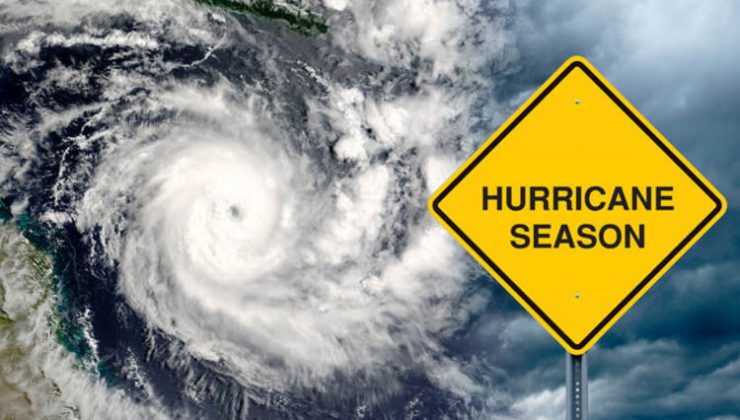
Tips For Prepping Your Home’s HVAC Equipment For Storms
Sometimes it feels like storm season is all year. Spring arrives with rain storms and tornadoes, while summer kicks off hurricane season. The welfare of your family during perilous storms should always take priority. But even when the winds die down and the rain dries up, you still want to be sure that your home and family are safe. Here are some tips for preparing your home’s heating and air conditioning equipment for storm season.
1. Anchor Your AC
Your outside AC equipment should be installed on a concrete pad and properly secured to avoid the air conditioner from being thrown in the air or washing away over the course of a storm. It may be required to fasten your AC with hurricane straps to protect the equipment from high winds. Ask your expert technician about anchoring your home’s air conditioner during your next Fall service.
2. Stop the Surge
You can’t actually prevent the surge that often happens during a storm, but you can protect your heating and cooling equipment from it. Install a high-quality surge protector where any heavy appliances, like a furnace, are plugged into a standard wall outlet, to automatically turn off your heating system if there’s a jump in the line voltage. This will help protect the electrical components in your heating and air conditioning equipment that the power surge could harm. Be sure never to touch any electrical components, and ask for a technician’s help if you are not familiar with using surge protectors properly.
3.Provide Cover
You and your family need to seek shelter first and foremost, but if time allows, shut off your heating and cooling system and cover the outdoor equipment with a tarp. Prior to turning your equipment back on after the storm, you must remove the tarp and remove any debris.
This, Too, Shall Pass
When the storm has passed, make sure the system is safe before starting up your heating and air conditioning system. First, verify there are no signals of damage and clean any debris from around the system. Try to evaluate and make sure there is no apparent harm to any of the refrigerant or electrical lines running from your air conditioner. Call 800-421-HEAT for an equipment inspection if IT seems like there is any damage or flooding to the system. Once you’ve had the equipment inspected by a professional to ensure safe working, turn the heating and cooling system back on ASAP to help dry the home and limit mold from getting into the system or ductwork.

